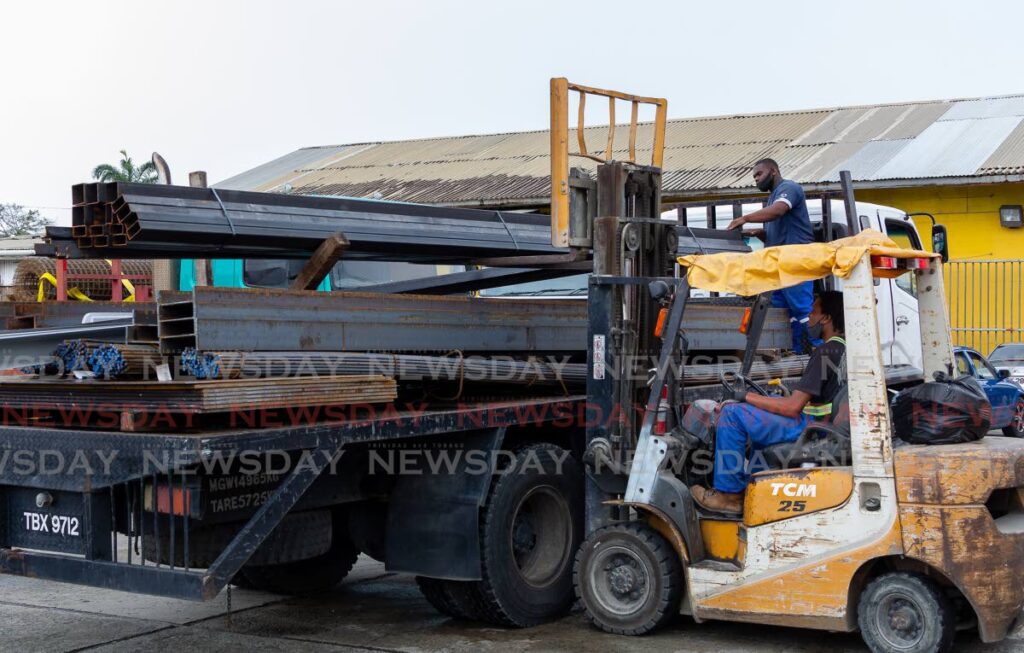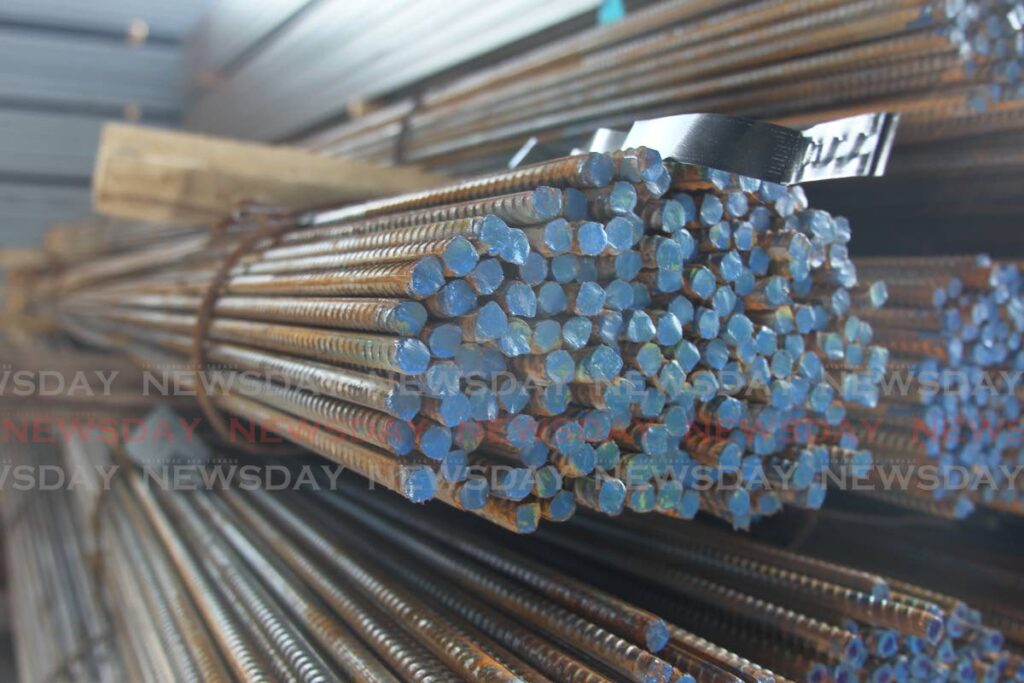Has Trinidad and Tobago steel mill found a buyer?

There was a general sense of satisfaction when it was announced that the long-closed steel mill which was presumably still owned by ArcelorMittal had found a buyer at last, in the newly government-formed TT Iron and Steel Company.
Or has it?
Certainly the press release, with smiling photographs and all, gave the impression that it was almost a done deal, and raised the hopes of dozens of unemployed former Acelor workers.
The press release said, "The TT Iron and Steel Company Ltd has signed a sales and purchase agreement to acquire the Arcelor Mittal Point Lisas iron and steel plant at the Point Lisas Industrial Estate in Couva.”
It went on: “The company said the refurbishment phase should provide close to 1,000 jobs and, when fully operational, should create long-term employment for 500 skilled workers. TT Iron believes that the restart of the plant will indirectly create many more jobs, for instance, through maintenance and construction services, port services, downstream manufacturing etc.”
Good forward press.
But will it happen? The operative words in the press release are it “signed an agreement to acquire”: it did not say it had signed a sales contract.
There is a difference. Even the promise of 1,500-plus jobs sounds like an advertisement,
I am sorry to be so cynical; it is a Trini thing. I am tired of being betrayed by promises that are never meant to be kept as elections approach, or even when elections are not approaching.
I know local government elections (LGE) are almost here, and as has happened ever since independence, I am looking for honest men and women who will carry our communities forward.
I remember well, back in the early days of the PNM, just after independence, we were so happy that we knew we were choosing our own leaders that would guide us to prosperity.
Then the press (in those days free to express what it observed) followed the exploits of John O’Halloran, who, in those first few years after independence acquired two apartment buildings in Vancouver. I even knew someone who moved into one of them.
I remember Buri Owai, who lived in my neighbourhood in St Ann’s, and learning about him leaving home and absconding to Panama. His was one of the first names we looked for when the infamous Panama Papers came out. Big League stuff.

File Photo -
I remember the unforgettable up-front and unashamed statements in those early days as political foundations were being established: “I never took a vow of poverty” and “So what? All ah we tief.". And our hopes diminished.
Fast-forward to today as I picked up the paper to read Raffique Shah’s Sunday article. I always read Raffique, because he is open, honest and intelligent. He always presents a balanced and grammatical opinion. I wanted to know what he thinks about the LGE, of all the political promises, of how one party or the other would benefit us, the ordinary citizens, residents and, most importantly, small businesses that will (they promise) provide employment to the many unemployed young people.
I read the article. My face fell, and I went to sit on my balcony and stare mutely at the trees, remembering the Johnny O’Halloran systems deeply implanted in our state procurement culture then, and still evident in every local contract to fix roads and allow building on denuded hillsides today. The walls of the apartment buildings you pass on your way over the Lady Young going into Port of Spain are cracked and crumbling owing to the procurement of substandard materials and worse engineering. We are not allowed to forget.
My heart sank because, I knew deep down, that Raffique is right. About LGEs, he said, “Whatever reforms are being proposed to enhance the various infrastructure and amenities fail even before they are implemented."
While reforms look good on paper, the failure to implement them to: “the devolution of power in local government means first and foremost, more government officials and private contractors doing business with state funds. They are licking their chops, I am sure, in anticipation of windfall corruption dollars.”
There is hardly a project that can stand clear of corruption. And this has been supported by a majority-of-one vote in Parliament, a vote by one senator who, with absolutely no experience of construction standards or of the cut-throat politics or thought of the consequences of her impercipient vote, made into law the amendment in the procurement legislation that protects government-to-government contracts from scrutiny.
But that is democracy, and we must accept it. Afra Raymond did his best. There really are ethical professionals in this country trying to hold us to standards, but that opportunity to ensure ethics was lost. We need more Afra Raymonds and Raffique Shahs. And I know that they exist. I hope they come out to vote in the LGEs.
We are not alone. Singapore, which attained independence the same year we did, under Prime Minister Lee Kuan Yew, which became one of the most clean, prosperous and disciplined countries in the world, is now facing the same criticism in its parliament (you can catch it on Google) that Raffique Shah made here.
That does not justify us, but I almost wept when I read Raffique’s final paragraph: “I say without fear of contradiction that local government is the cradle of corruption.”
I pray that he is wrong.

Comments
"Has Trinidad and Tobago steel mill found a buyer?"